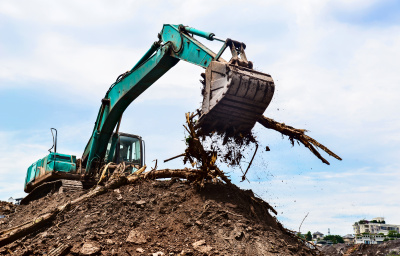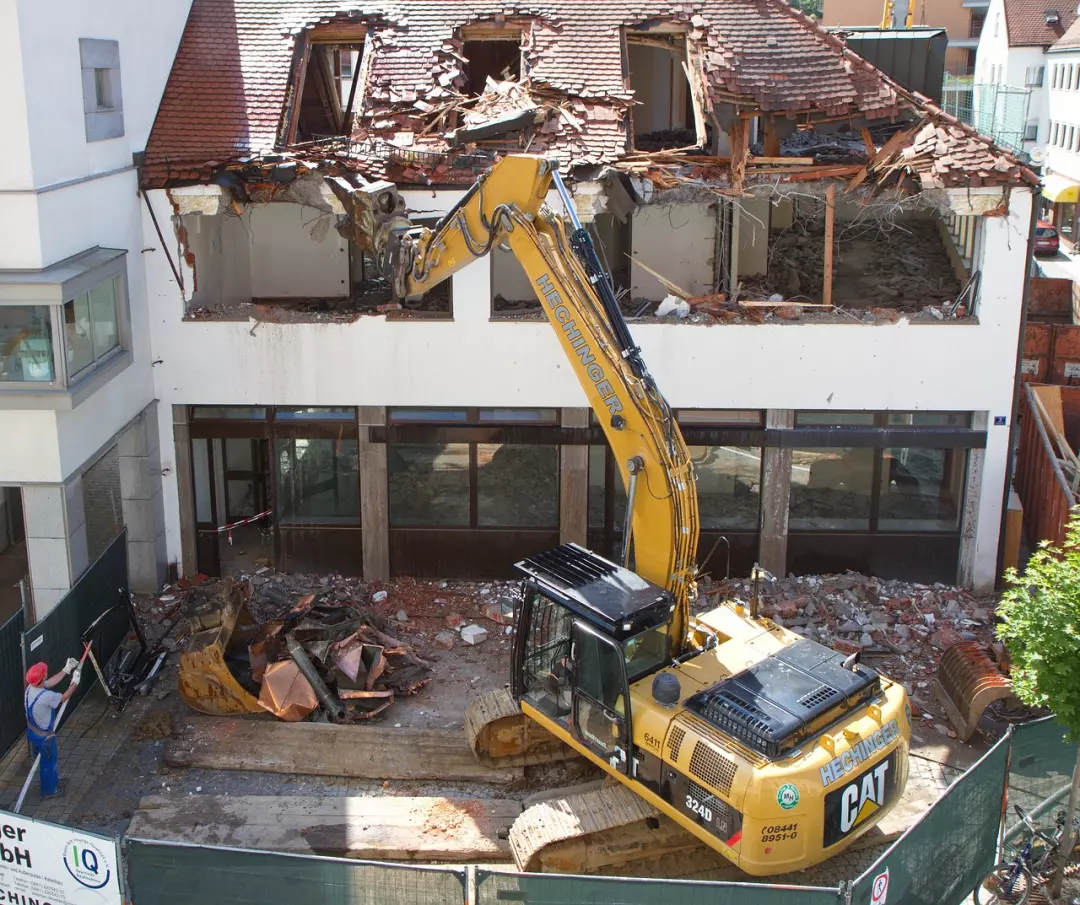What To Know Before You Start A Demolition Project
Beginning a demolition project can be a daunting task, but with the right knowledge and careful preparation, it can become a manageable and rewarding endeavour.
Familiarizing yourself with the intricacies of the project, such as conducting a thorough site assessment, acquiring necessary permits, adhering to safety protocols, and considering sustainable practices, can significantly contribute to the smooth execution of the demolition process while minimizing potential setbacks.
Building Demolition Methods
First, you should consider what type of demolition you’re going to carry out. There are two common types of demolition: Non-explosive and Implosive.
Non-explosive methods involve using mechanical equipment such as hydraulic excavators, bulldozers and cranes, while Implosive methods use explosives or other tools to break down a structure. Depending on your project, you may need special permits or training to carry out a certain type of demolition, so make sure you do your research beforehand.

Need assistance finding demolition services near you?
Get a QuoteWhat Are The Risks Of Demolition Project?
When it comes to safety, there are a few risks associated with demolition projects that you should be aware of. Asbestos, for example, is a hazardous material commonly found in older buildings, which can be released into the environment during a demolition job.
This is why it’s important to have a professional inspect the building prior to any demolition work so that any potential hazards can be identified and taken care of. Additionally, it’s important to have a knowledgeable team equipped with the right safety gear, including gloves, masks and hearing protection.
Get Planning Permission
Obtaining the necessary planning permission is a crucial step before commencing any demolition project, as it ensures compliance with local regulations and helps prevent potential legal complications.
This process may involve engaging with local planning authorities, obtaining specialized permits, conducting environmental assessments, familiarizing yourself with any pertinent laws or regulations, and considering the potential impact on neighbouring properties or infrastructure. Taking these precautions will contribute to a smoother and more successful demolition project.
Consider The Costs
Finally, before you start a demolition project, consider the costs involved. Starting a demolition project can be costly, and it’s important to have a good understanding of the cost prior to starting. Demolition projects typically involve labour, materials and site clearance costs, so these should all be taken into account when calculating the total cost. Additionally, it’s important to budget for contingencies, as unexpected repairs or delays can add to the cost.
In this article:

